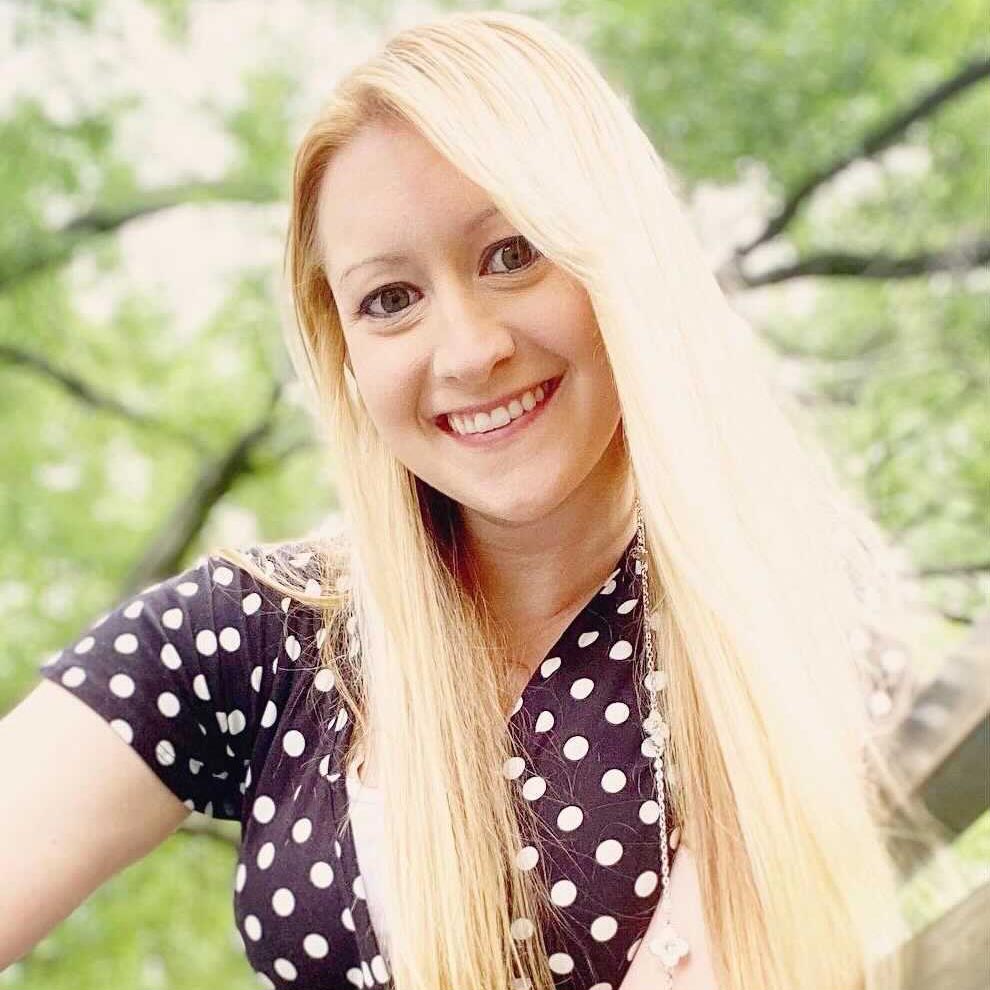DO NOT USE: Advertising News
Ad world reacts to Google’s tracking rebuff, and suit brand stages an unmasked 'orgy': Friday Wake-Up Call

March 05, 2021 11:00 AM
Featured Stories
AI becomes a Cannes co-pilot for agencies
Agency execs are using AI for travel, new business and awards submissions.




